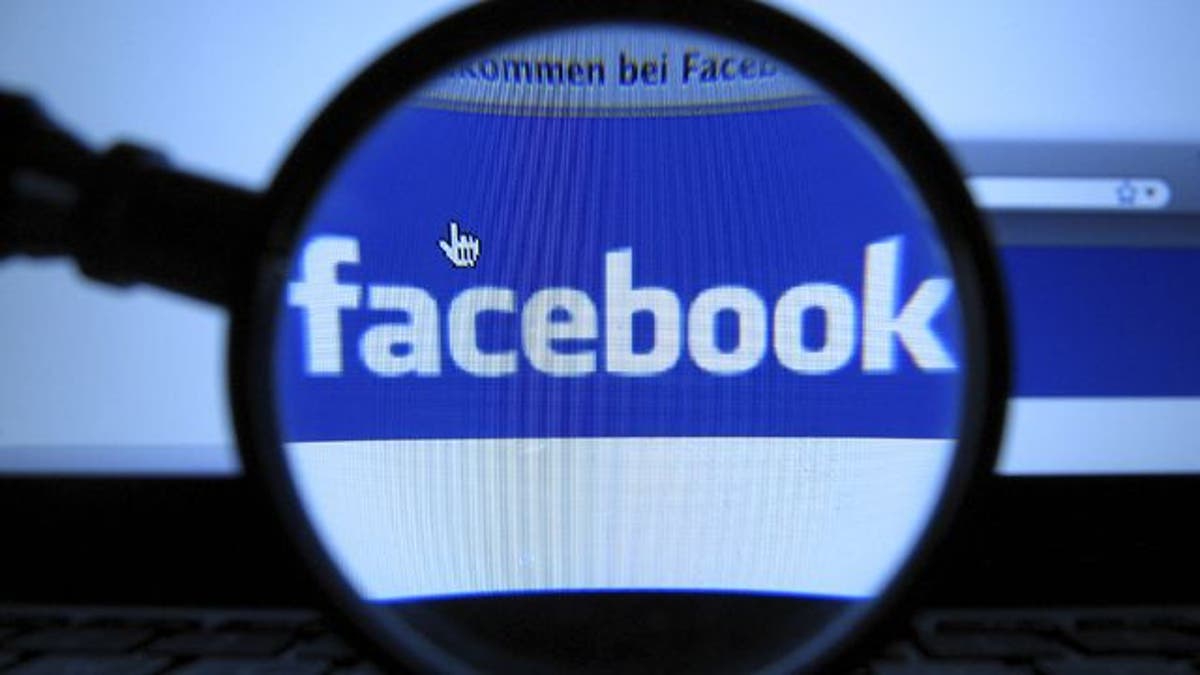
Two recent studies about Facebook confirm what I have been saying for years: The social media site is psychologically toxic and contributes to actual psychological suffering in users.
My theory about Facebook is based on my observations that posting hundreds of photos of one's self is an ego-inflating, narcissistic drug and that having hundreds or thousands of false “friends” is extremely similar to the sensation of getting high. Pot and Facebook both make you feel better about your life while distracting you from really making your life better.
Now, a study from the University of Michigan has shown that the more frequently young people (average age of 20) used Facebook, the worse they felt afterward. And the more they used Facebook over the course of two weeks, the less satisfied they reported being with their lives overall.
It is critical to note that the researchers made sure the study participants were not turning to Facebook because they were already upset. Using Facebook made them sad.
In a second study from the University of Birmingham in Britain, researchers found that those who share photographs on Facebook experience a decrease in intimacy and closeness in their relationships. The researchers theorize that when Facebook users attempt to “advertise” their attractiveness, sense of humor or special interests via the social networking site, they are actually alienating their “friends,” who resent, judge and envy them. Their friends silently build grudges against them for their perceived behaviors and egos.
In my own practice of psychiatry, I have seen dozens and dozens of people who are using social media like Facebook to avoid their real problems, avoid their real feelings and avoid communicating on a truly personal level about the problems and feelings of others. They are ostracizing themselves from genuine human connections by striking up fake connections online. And the completely understandable result seems to be feelings of sadness and isolation.
Facebook will turn out to be, in my opinion, a recognized public health hazard of the most significant kind. In a very substantial way, it is negatively impacting the mental health of Americans and others around the world – particularly adolescents, teens and young adults. With data now streaming in from academic research institutions about its ill effects, it is not too much to wonder whether Facebook may also be the tobacco industry of our times – one day facing massive lawsuits for fueling anxiety disorders and mood disorders in millions of people.








































